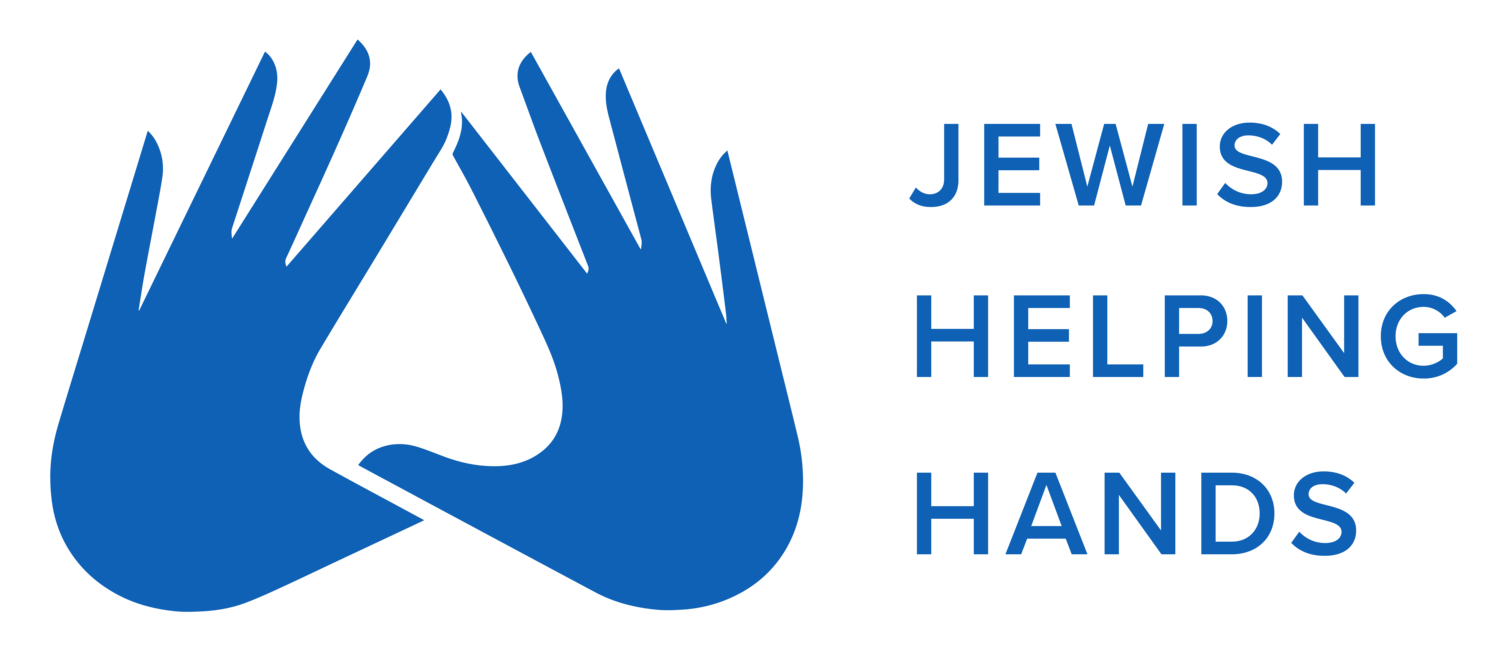2020 Grant Recipients
1. Hesed Sholom Ber (Jewish Charitable Fund), Rostov-on-Don, Russia $1000
This grant was awarded to create special kosher “food-sets at home,” prepared and delivered monthly to the neediest 252 homebound Jewish Holocaust survivors, who cannot attend the charitable soup-kitchen.
2. Ease Stress Holistically, Rwanda $5000
This grant was awarded to address trauma and distress through body-mind approaches and improve psychological resilience among the genocide survivors in Rwanda.
In partnership with AVEGA, train-the-trainer programs have been established throughout all five provinces across the country to unify counselors, psychosocial community workers, and beneficiaries to learn, and teach, strategies such as meditation, dance/movement, relaxation techniques and yoga. This is aimed at increasing mental energy and positive feelings, and decreasing negative feelings of aggressiveness, depression and anxiety among genocide survivors.
3. Fisherfolk and Safe Motherhood Initiative, Uganda $5000
Uganda’s SOVHEN serves a remote fisherfolk community of 4,102 households. It will work with a team of 3 pro-bono agricultural engineers to build a (second) Climate-Smart Tank Based Aquaponics Greenhouse (32x65 feet) whose year-round harvests of 8,800 lbs of fish and 75,000 vegetables (tomatoes) will generate $13,542.86. Some of the fish and vegetables produced will be used to feed and nourish over 1200 women within the local health center. The rest will be sold and the profits will be used to provide 204 women with prenatal care, 21 assisted during complicated deliveries, and 102 women and their babies receiving postnatal care.
This birthing center is located in a very rural area with little access to major hospitals. 75% of women in the community deliver babies at home because they can’t afford to go to the birthing center or because they don’t want to resort to the common practice of “sex for fish” in this community. This is a practice where the fisherman bring their fish to port, and the women offer themselves in exchange for some fish they can sell. Delivering at home leads to many complications and deaths. Support from Jewish Helping Hands will help bridge the existing “sex for fish” funding gap so that more vulnerable mothers can be assisted to access 24/7 safe facility-based births with skilled attendants.



